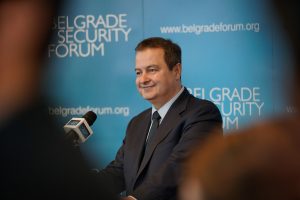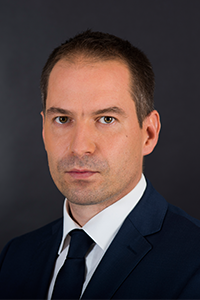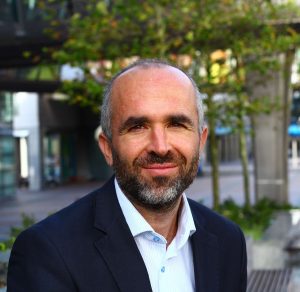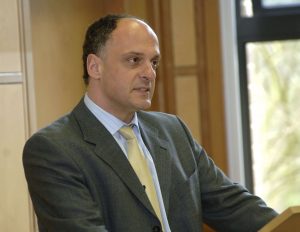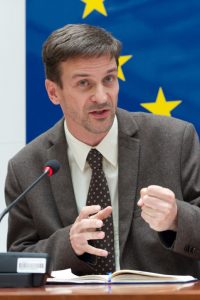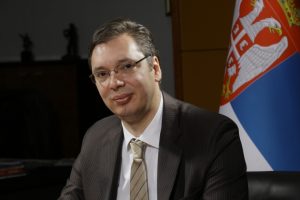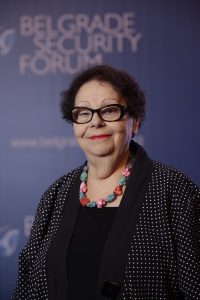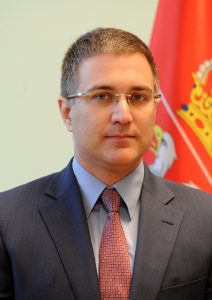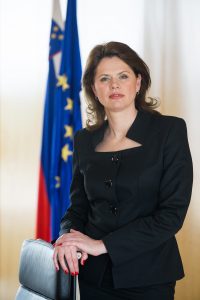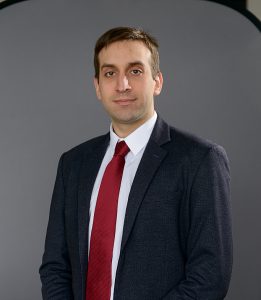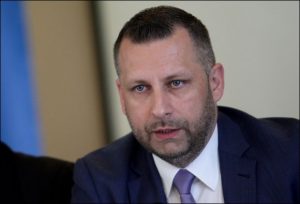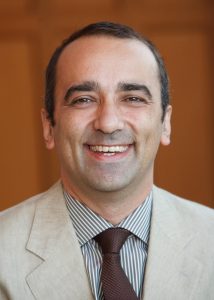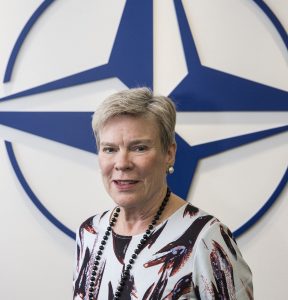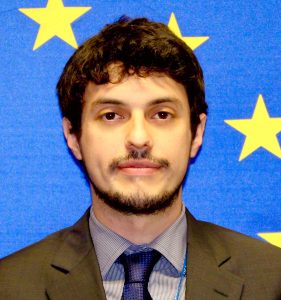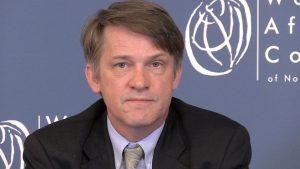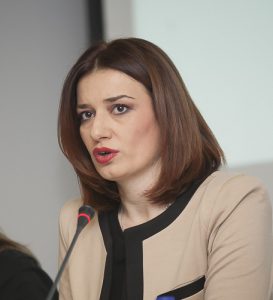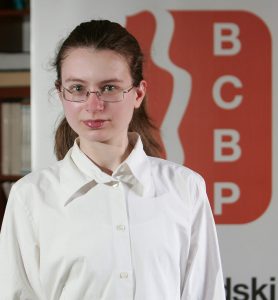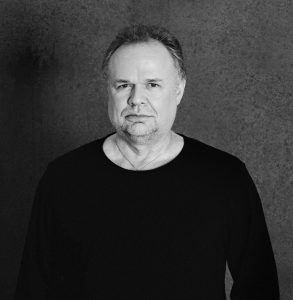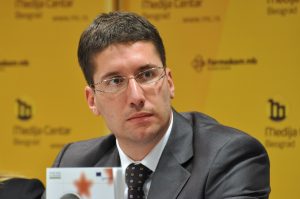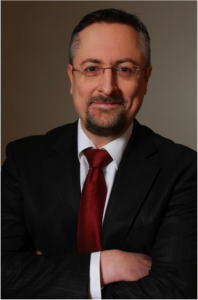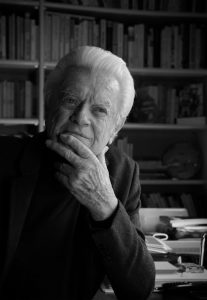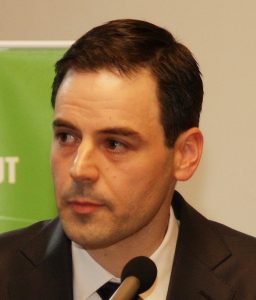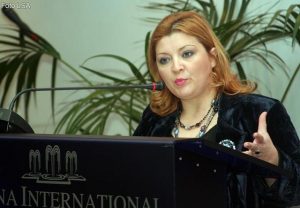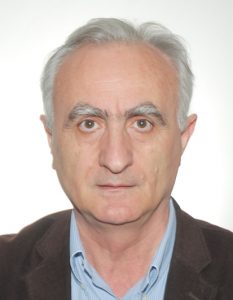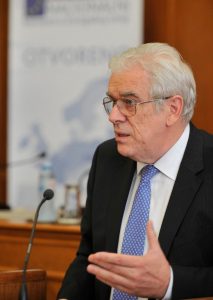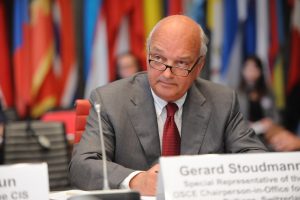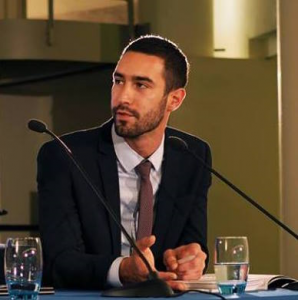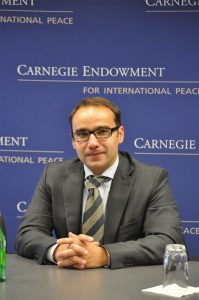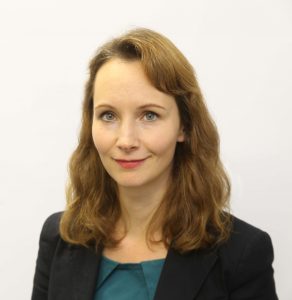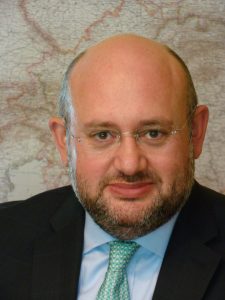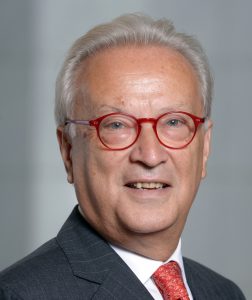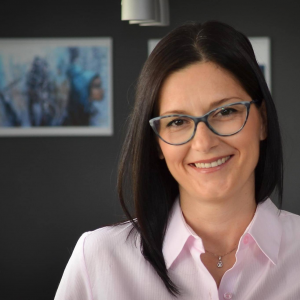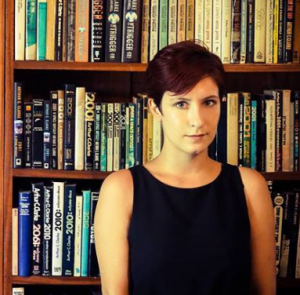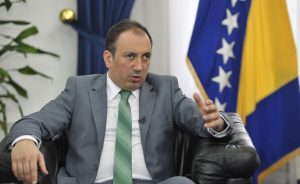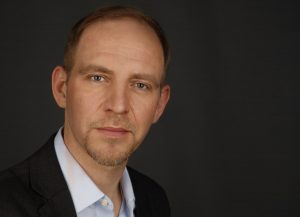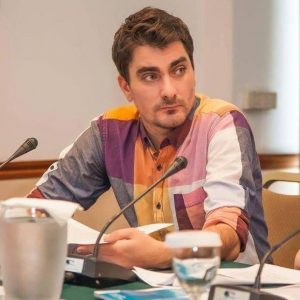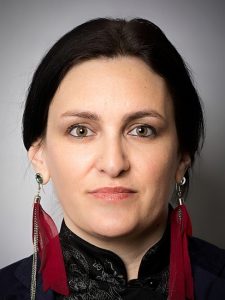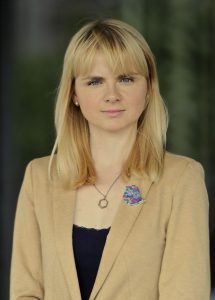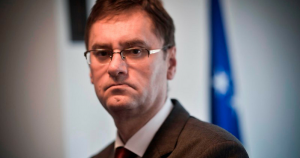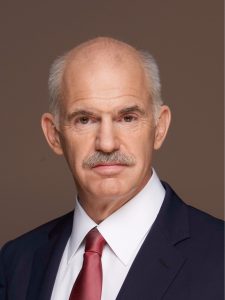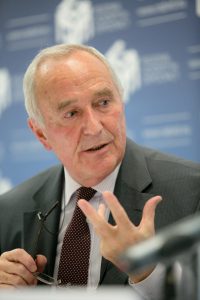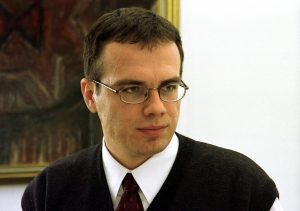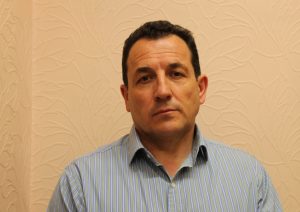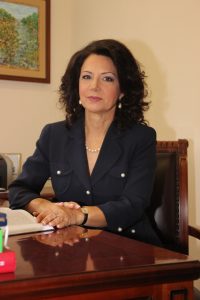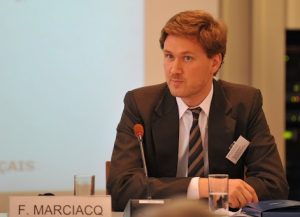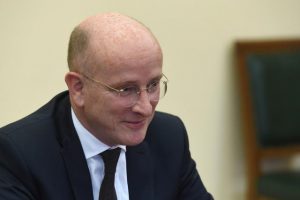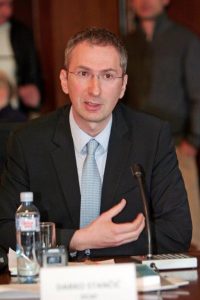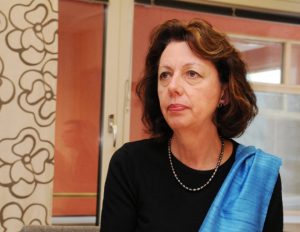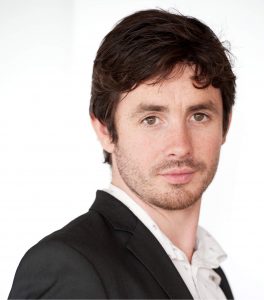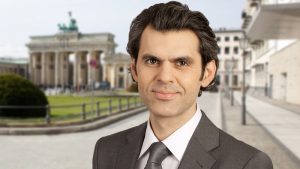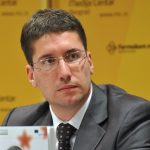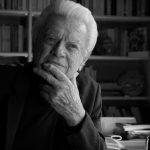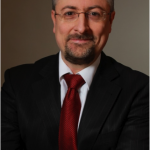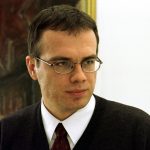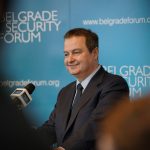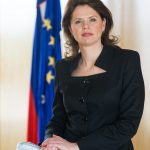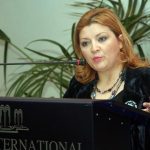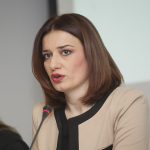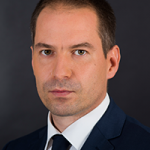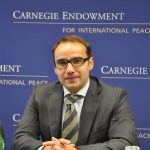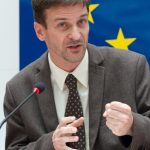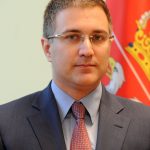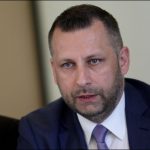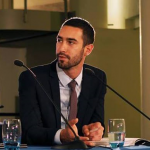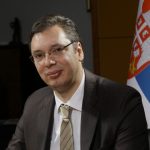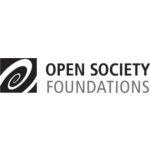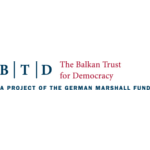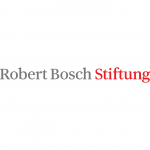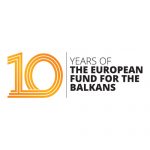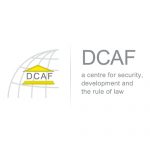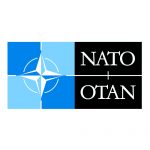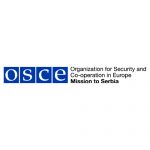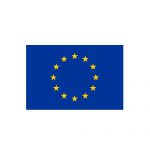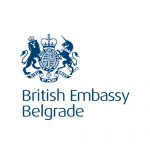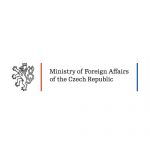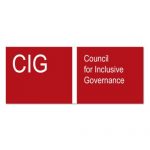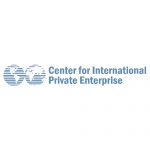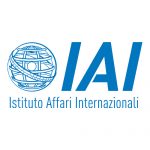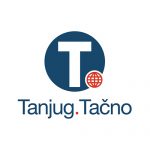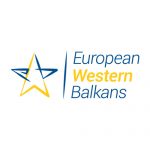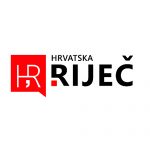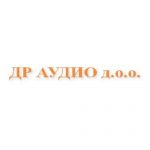BSF 2017
BSF 2017: Building a Common Future in the Age of Uncertainty
When it ended with Donald Trump’s victory, 2016 presented less than a clean break with the past, but rather a venture into the unknown. As the old order has been weakened, one thing became certain: no more “business as usual”.
Leaders and movements that have capitalized on popular discontent are intent on offering a new worldview, which may appeal to many. A lot seems to be going their way: inequality has increased since 2008; democracy remains in retreat; many crises unsolved.
The United Kingdom’s decision to leave the EU, and the much-speculated “hard Brexit” has and will have a profound effect, leaving difficult questions on how to proceed. What will be the raison d’etre of this post-Brexit EU? Who will help Germany steer the European “ship” across rough waters lying ahead? With more integration seen as too optimistic, many advocate fallback to the less ambitious goal of Europe of nations. Nevertheless, resurgence of geopolitics has led to renewed interest for Western Balkans. What might happen if it becomes unchecked, and left to its own dangerous dynamics of conflict and cooperation?
The rise of populism, coupled with a sharp rise in in-state inequality and the establishment of the “post-truth” worldview brings us to the question – is democracy ready for this tumultuous future? Do we have the tools to overcome?
What is to be our response?
How can we build a common future in an age characterized by uncertainty?
Join us in searching for answers at the 7th Belgrade Security Forum, taking place on October 11-13 2017.
Academic Event
The BSF Academic Event continued the Forum’s tradition of enabling interaction between the academic and policy communities. This event is a unique feature of the BSF, giving a voice to academics and highlighting the necessity of taking academic research into account in the processes of policy making.
This year, the Academic Event titled “The European Union as a Global Crisis Manager“ gathers leading researchers taking a fresh look at the civilian power of Europe in light of recent developments in the world affairs. It will explore the role and capabilities of EU in crisis management from its emergence as an actor in the Balkans, to most recently its engagement on the Horn of Africa – including the effectiveness with which those capabilities have been coordinated for coherent impact through the comprehensive approach.
The conference is taking place in the heart of a region that has been, for better or worse, a laboratory for the EU foreign and security policy for almost three decades. This should provide an additional inspiration for stimulating discussions.
BSF 2017 News
Speakers
Ivica Dačić
Minister, Ministry of Foreign Affairs of the Republic of SerbiaAnnemarie Peen Rodt
Institute for Strategy, Royal Danish Defence CollegePéter Krekó
Director, Political Capital InstituteSrđan Cvijić
Senior Policy Analyst, Open Society European Policy InstituteMichael Schaefer
Chairman of the Board, BMW Herbert Quandt FoundationOthon Anastasakis
Director, St Antony’s South East European Studies at Oxford (SEESOX)Srđan Darmanović (TBC)
Minister, Ministry of Foreign Affairs of MontenegroNaim Rashiti
Founder and Executive Director, Balkans Policy Research Group (TBC)Franco Frattini
President, The Italian Society for International OrganizationElizabeth Prodromou
Visiting Associate Professor, The Fletcher School, Tufts UniversityAndrej Logar
State Secretary, Ministry of Foreign Affairs of the Republic of SloveniaEleonora Poli
Researcher, Istituto Affari Internazionali (IAI), RomeMilan Nič
Senior Fellow, The German Council on Foreign Relations (DGAP)Neil Winn
University of York & Simon Sweeney, University of LeedsMarina Kaljurand
Former Minister of Foreign Affairs, EstoniaAulonë Memeti
Office Administration, Political Party 'Alternativa'; Co-Organizer, TEDx, KosovoH.E. Aleksandar Vučić
President of the Republic of SerbiaModerator: Sonja Licht
President, Belgrade Fund for Political ExcellenceNebojša Stefanović
Minister of Interior of the Republic of SerbiaModerator: Toby Vogel
Research Communications Officer, CEPSAlenka Bratušek
Member of National Assembly and former Prime minister of the Republic of SloveniaDiscussant: Pieter Feith
Senior Mediator with the European Institute of Peace in BrusselsNikola Tomić
University College DublinAlaa Tartir
Geneva Centre for Security PolicyMarko Đurić
Director, Office for Kosovo and Metohija, Republic of Serbia (TBC)Fr Robin Fox
Anglican Community St. Mary in BelgradeManuel Muñiz
Dean of the School of International Relations, IE UniversityLjiljana Raičević
Human Rights and Women’s Rights ActivistSławomir Sierakowski
Founder, Krytyka Polityczna (Political Critique) Movement; Director, Institute for Advanced Study in WarsawIvana Boštjančič Pulko
Centre for European PerspectiveDejan Jović
Professor, University of ZagrebDalibor Jevtić
Deputy Prime Minister of Kosovo and Minister for Communities and ReturnJack A. Goldstone
Virginia E. and John T. Hazel Professor of Public Policy, George Mason UniversityHakan Altinay
President, Global Civics AcademyChristian Danielsson
Director-General for Neigbourhood and Enlargement Negotiations at the European CommissionHon. Rose A. Gottemoeller
Deputy Secretary General, NATOCristian Barbieri
Istituto Affari Internazionali (IAI), RomeChair: Tim Judah
Journalist, The EconomistThomas Countryman
Former Assistant Secretary of State for International Security and NonproliferationPeter Horne Zartsdahl
Roskilde UniversityCatherine Fieschi
Executive Director, Counterpoint UKDiscussant: Tobias Pietz
Center for International Peace Operations, BerlinH.E. Denis Keefe
Ambassador of the United Kingdom to SerbiaJovana Marović
Executive Director, Politikon Network, PodgoricaAdi Bikić
In-House Counsel, EUROHERC Versicherung AGAhmet O. Evin
Professor, Faculty of Arts and Social Sciences, Sabanci UniversityVildana Džekman
Activist, Women network of Bosnia and HerzegovinaKatarina Đokić
Belgrade Centre for Security PolicyGoran Svilanović
Chairman, Regional Cooperation CouncilKilian Kleinschmidt
Director, SwitxboardFilip Ejdus
University of BristolArdian Hackaj
Director, Shteti Web, Cooperation and Development Institute (CDI), TiranaValbona Zeneli
Director of the Black Sea Eurasia Program, George C. Marshall CenterAdam Fagan
Professor of European Politics and Head of the School of Politics and International Relations, Queen Mary University of London, LondonModerator: Marina Kostić
Secretary General of the Professional Association of Security SectorAmb. Ian Bond
Director of Foreign Policy, Centre for European ReformHedvig Morvai
Executive Director, European Fund for BalkansMartin Heinemeyer
founder and CEO of a startup company in BelgiumDušan Šiđanski
Professor Emeritus, University of GenevaDiscussant: Nikolaos Tzifakis
Research Associate, Wilfried Martens Centre for European StudiesBenjamin Zyla
University of OttawaEdith Harxhi
Executive Director of Albanian Policy CenterRemzi Lani
Executive Director, Albanian Media InstituteAdnan Kifayat
Senior Resident Fellow, Germany Marshall Fund of the United StatesMihailo Crnobrnja
President, European Movement in SerbiaGabriëlla Vogelaar
Global Partnership for the Prevention of Armed ConflictModerator: Marko Kovačević
Research Associate, Faculty of Political Sciences, University of BelgradeAmb. Gérard Stoudmann
AmbassadorChair: Maja Piščević
Senior Fellow, EastWest InstituteMario Mažić
Director of Programs, Youth Initiative for Human Rights, CroatiaBalázs Jarábik
Non-resident Scholar, Carnegie Endowment for PeaceGordana Čomić
Vice-President of the National AssemblyArgentina Szabados
Director for South-Eastern Europe, Eastern Europe and Central Asia, IOMRosa Balfour
Senior Fellow at the Germany Marshall Fund of the United States and Acting Director of its Europe ProgrammeSteven Blockmans
Senior Research Fellow and Head of EU Foreign Policy Unit, CEPSModerator: Pavol Demeš
Transatlantic Fellow, GMFUSEdith Harxhi
Executive Director of Albanian Policy CenterH.E. Ana Brnabić
Prime Minister, Government of the Republic of SerbiaSandra Pogodda
University of ManchesterModerator: Alex Roinishvili Grigorev
President, Council for Inclusive GovernancePhilip Cunliffe
Senior Lecturer in Politics and International Relations, University of KentDiscussant: Hannes Swoboda
President, Institute for International Peace (IIP), Vienna; President, Center for Democracy and Reconciliation in Southeast Europe (CDRSEE)Denisa Sarajlić
Director, Foreign Policy Initiative, SarajevoModerator: Dušan Gajić
Brussels Correspondent, Radio Television of SerbiaMiloš Đinđić
Senior Researcher and Programme Manager in the Good Governance programme of the European Policy Centre – CEPJonathan Mijs
Assistant Professorial Research Fellow, LSEErik Plänitz
Arnold-Bergstraesser-Institute- FreiburgDona Kosturanova
Executive Director, Youth Educational Forum, SkopljeModerator: Andrew Wilson
Managing Director, CIPEIgor Crnadak
Minister, Ministry of Foreign Affairs of Bosnia and HerzegovinaFlorian Bieber
Director, Southeast European Studies Center, University of GrazOlena Snigyr
Chief Consultant, Research Centre for Russian Federation Problems, National Institute for Strategic Studies under the President of UkraineMilena Lazarević
Programme Director, European Policy CenterAleksandar Jovanoski
co-founder and a Programme Coordinator for Democracy and Rule of Law of the European Policy Institute (EPI), SkopljeJitka Znamenackova
Director, EU Policies Department, Ministry of Foreign Affairs of the Czech RepublicModerator: Maja Ružić
PhD candidate, Faculty of Political Sciences, University of BelgradeBlerim Shala
Advisor to the President of Kosovo, Coordinator for the Brussels Dialogue in the Office of the PresidentModerator: Věra Stojarová
Assistant Professor, Department of Political Science, Masaryk UniversityAna E. Juncos
Ana E. Juncos, Reader in European Politics, EU-CIVCAP Consortium Coordinator, School of Sociology, Politics and International Studies, University of BristolMichael E. Smith
University of AberdeenGeorge A. Papandreou
Former Prime Minister of GreeceHyun Jin Choi
Assistant Professor in the Department of Political Science at Kyung Hee University in Seoul, Republic of KoreaModerator: Nemanja Džuverović
Assistant Professor, Faculty of Political Sciences, University of BelgradePierre Mirel
Honorary Director General, European CommissionRuslan Stefanov
Director, Bulgarian Center for Study of Democracy (CSD)Moderator: Selmo Cikotić
Faculty of Political Sciences, Sarajevo, Bosnia and HerzegovinaModerator: Tobias Flessenkemper
Senior Fellow & Balkans Project Director, Centre International de formation europeenne (CIFE), NiceSanda Rašković Ivić
Member of National Assembly of the Republic of SerbiaFlorent Marciacq
Research Fellow and Programme Director, Centre Franco-Autrichien pour le Rapprochement en Europe (CFA), ViennaNada Drobnjak
Member of Parliament of Montenegro, Chairwoman of the Gender Equality CommitteeModerator: Aleksandar Simurdić
Member of the Executive Board, European Movement in SerbiaChair: Goran Buldioski
Director, Open Society Initiative for EuropeChristian Hellbach
Special Emissary of the Ministry of Foreign Affairs of Germany for Southeastern Europe, Turkey and the EFTA countriesModerator: Darko Stančić
Assistant Director and Head of Southeast Europe Division, Geneva Centre for the Democratic Control of Armed Forces (DCAF)Arben Gashi
Member of Parliament of Kosovo, Democratic League of KosovoDiscussant: Elisabeth Nauclér
Former Member of Parliament, Parliament of FinlandChair: Milan Nič
German Council on Foreign Relations (DGAP), BerlinChair: Tom Nuttall
Journalist, The EconomistAli Aslan
host of the English edition of the international talk-show QuadrigaChair: Dave Keating
Journalist, Brussels2BerlinAmb. Cameron Munter
CEO & President, EastWest Institute

